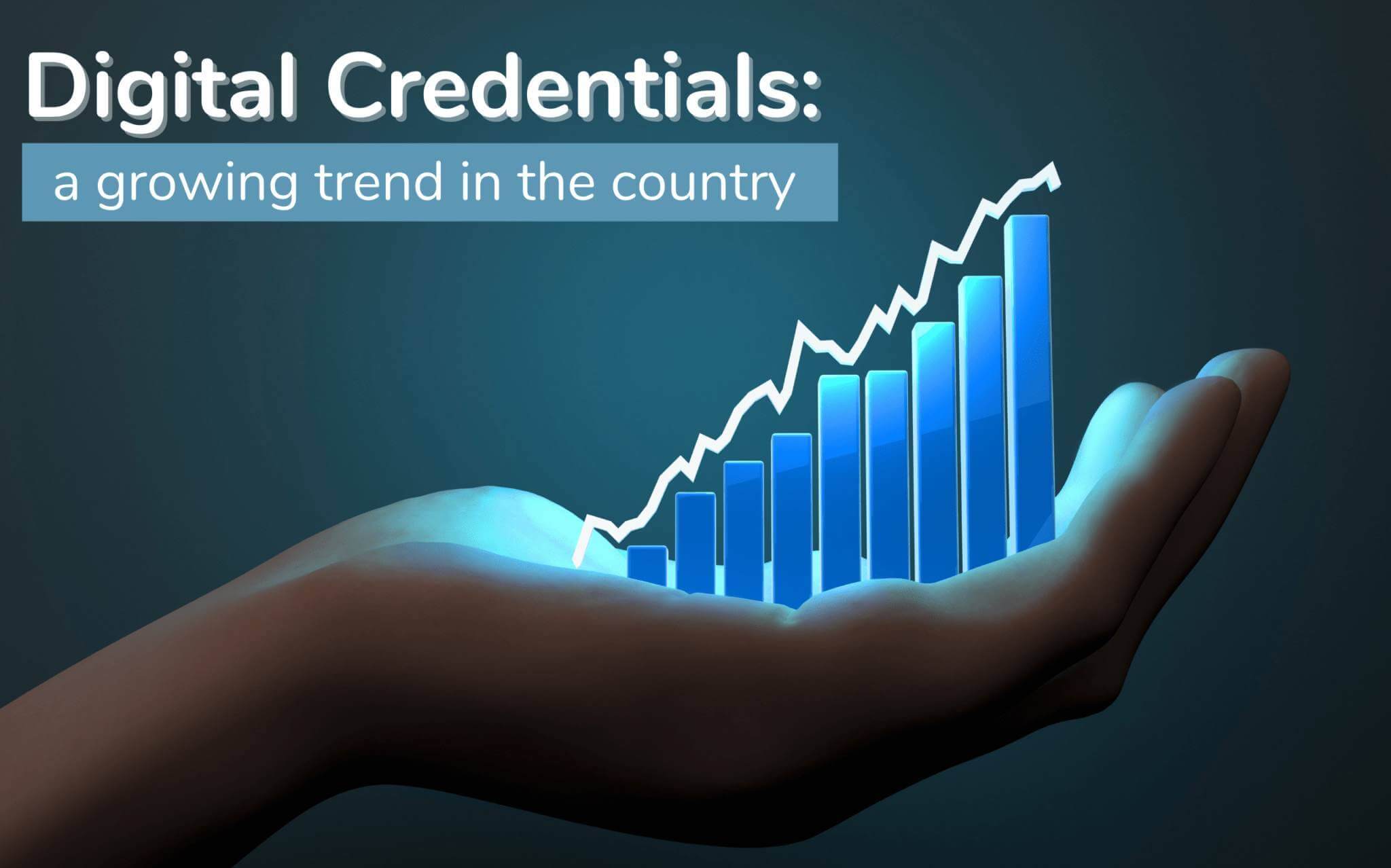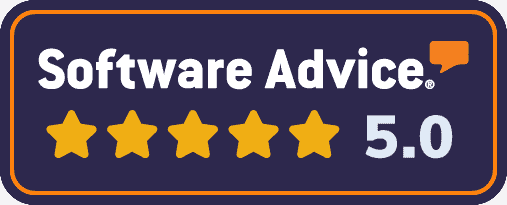Digital Credentials – Future and Trends
Digital credentials are becoming the norm. What are the reasons for this increasingly popular choice? What drives corporates, educational institutes and students to favour this change?
The world is rapidly advancing. We are living in a world where the internet you’re accessing to read this very blog has changed drastically over the past 20 years. From being a dial-up network 20 years ago, it’s moving to a more decentralised system over the next few years. In a world where individual freedom is the general trend in development and advancement, we are inevitably going to have to embrace and be part of this growing trend ourselves.
One such product of this technological advancement is the movement towards Digital Credentials.
Digital Credentials are the new and improved way of recognising an individual’s learning, achievements and skillsets. Digitally storing and showcasing your talents and skills allows you to have everything organised virtually and more significantly, allows for easy verification of your credentials. It is a standout way of representing your value as a potential employee while simultaneously saving you a lot of time and effort and allows you to move between roles if needed without much paperwork.
We’re moving to a world wherein we’re looking to digitise the concepts of wallets completely. This would include identifying documents, transcripts, digital certifications and any other achievements and documents to your name. Let’s focus on the most popular and widely practised use case, the one that is currently being adopted globally; digital credentials recognising learning. Digital Credentials in education and training is growing in popularity in the country like never before. And there are good reasons for this.
Upskilling and reskilling
As the job market becomes more competitive, there is a constant need to upskill and reskill. Digital credentials allow for employees to collect all of their training or upskilling courses in one place. It allows you as a user to showcase where you obtained your training from, who taught the course and the authenticity of the course; all of it online to anyone anywhere in the world. Skill-based learning is becoming a common tool to battle unemployment. Upskilling and reskilling are central to advancement in jobs. It also paints the potential employee as a valuable asset if they are seen to have interdisciplinary skills allowing them to understand and work with a range of teams and assignments.
Enabling individuals to be lifetime learners
Continuing from the previous point, this is a great opportunity to allow individuals to be lifetime learners. Having all your credentials online, making it verifiable and shareable at the learners’ discretion allows the learner to have freedom. Freedom to choose to add to their credentials with achievements and other micro-credentials. Adding to an individual’s skill set is not only advantageous to an individual by making them marketable to employers but also allows for job retention and benefits companies by creating employees that are increasingly adding value to their job roles. It allows for employees to stay motivated and engaged in their jobs, breaking the monotony and allowing for them to explore all their skill sets and as a result contribute twice as much to the workplace they are part of.
Verifiability
A key benefit to digital credentials is the ability to verify their authenticity. Representing the authenticity of the issuer and the credibility of the credential. Blockchain-powered digital credentials are becoming the standard globally and have also made their way into India with the Indian government becoming investors in the technology themselves with services like Digilocker for students to verify their credentials with ease.
Unlike paper credentials, which require you to make the effort to get in touch with the institution issuing the credentials and spend days verifying a simple document; these blockchain credentials allow for verification within a few minutes. The premise of removing the long and cumbersome process of verifying certificates or achievements removes the friction in the process making the system of verification so much more efficient and reliable.
Easier to obtain; easier to share
Digital credentials have opened up the possibility of learning and pursuing anything you want to, and showcasing it with the world effortlessly. With the advent of digital learning and online events becoming increasingly popular, it means learning has become a lot more accessible like never before. Not to mention the boom in mobile data due to lowered prices in the last few years has made it even more accessible and affordable. It is easy to participate in online courses from anywhere in the country and even aim for getting verifiable credentials from companies and Edtech institutes otherwise further from your reach. Not to mention, you can directly upload your credentials on professional networks like LinkedIn and even job search sites.
Alleviate administrative burdens
As much as it adds to benefitting learners, it also benefits administrators by alleviating a lot of their physical workload and saving time in many processes. Making, printing and distributing certificates can take weeks or even months depending on the class size. Digital credentials eliminate this time space by allowing you to issue certificates and other credentials within the same day. Not to mention, cloud storage is a much more manageable means of storage, taking up no physical space, allowing for easy search and instant verification of certificates and even reducing the need for physical re-issuance or replacements. Not to mention with blockchain technology increasingly being integrated into this process there is an added benefit of these certificates becoming tamper-proof and completely secure preserving the institute’s integrity as well.
Networking
An unnoticed benefit of digital credentials is the vast space it allows you to work with. Multiple companies are partnering with digital credential companies and vice versa. There are multiple benefits to this. One, it creates a good placement system and easy verification for students as these credential companies are often linked with educational institutes. Two, it allows for companies to keep track of their employees achievements and skills. It even allows for individuals to carry forward these achievements and skills if they were to move to a different company or career path. Another major benefit is the ability to build a larger alumni network. Allowing for online visibility is the easiest way to see and group individuals from the same institutes.
Digital credentials are the future. If anything, the last two years have proved it to us. Its vast benefits make it a popular option for people to opt for. The growing recognition of the need for digital credentials is very strong with how it has been acknowledged and is being developed by the government and most leading institutes in the country. With this slowly becoming the global standard with most companies preferring digital credentials, it is a trend most certainly apt for the job market and educational environment we are part of today.






